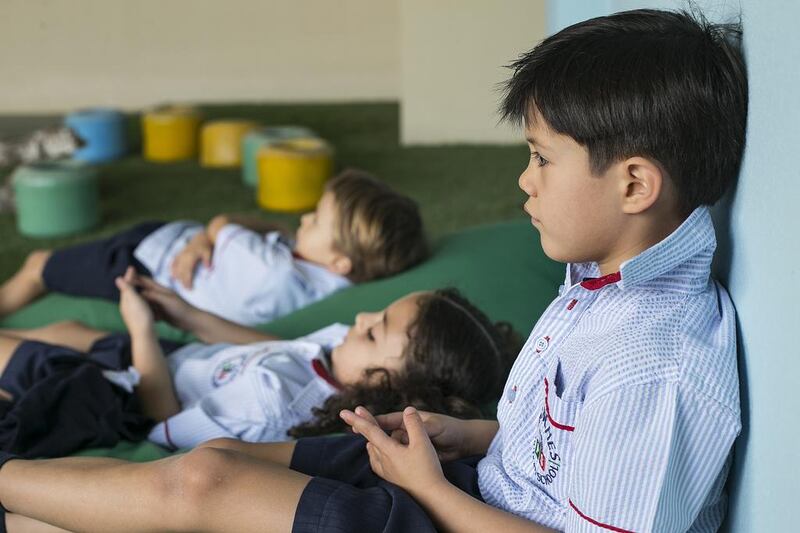The UAE has, for decades, been known as a hub that links east and west, a bridge between cultures and a centre of gravity for the pursuit of progress.
None of this would have been possible had it not been for the vision of our founding father Sheikh Zayed who opened our borders to people of all nations and creeds. Today, I am proud to be a citizen of a country that hosts more than 180 nationalities and is a beacon of tolerance and acceptance to the world.
To further evolve this ethos and weave it into the fabric of our society, Sheikh Mohammad bin Zayed, Crown Prince of Abu Dhabi and Deputy Supreme Commander of the Armed Forces, has made moral education compulsory in schools starting from the 2017-2018 school year. The proposed moral education course is aimed at instilling ethical values among school students to promote tolerance, respect and community participation.
This bold move recognises the importance of our interconnectivity and that today, more than ever, the time has come to update the role of education in preparing young people to be valuable members of their communities and positive contributors to their societies. The result is a holistic education, which places as much emphasis on formal education as it does on the way we conduct ourselves with others.
Around the world, more and more research is demonstrating the benefits of an interdisciplinary holistic approach to teaching and learning. Newly emerging insights and empirical findings in the learning sciences suggest that traditional approaches to education that emphasise the ability to recall disconnected facts should be replaced by interdisciplinary learning that integrates and blends essential topics and subjects together, thereby enabling critical thinking, flexible problem solving, the transfer of skills and use of knowledge in new situations.
In fact, developing such skills is considered critical to students’ success after college. A study released last year by the Association of American Colleges and Universities found that employers believe that a vast majority of college graduates are lacking in essential employment readiness skills, such as having the ability to apply knowledge to real world settings and work in a team.
These findings underscore what a significant number of leading education scholars, child psychologists and philosophers – including Ron Miller, Maria Montessori, Jean-Jacques Rousseau, and Sir Ken Robinson – have firmly believed, which is that a holistic approach to education is critical for the development of conscientious, respectful, creative, responsible and analytical community members – qualities that are greatly needed in our future leaders.
Additionally, the UAE can learn much from Japan’s education system, where moral education and character development are among its central goals.
In fact, Sheikh Mohammed praised Japan’s efforts during a speech he delivered at the recent Mohammed bin Zayed Majlis for Future Generations gathering. In 1870, Japan introduced a moral education curriculum to strengthen some of the important traditions and customs that were declining. The aim of the programme in Japan was to reward values like hard work and persistence, to encourage students to serve their school and fellow students, and to take responsibility for helping others. As part of this curriculum, students are taught to respect their elders and their teachers, to do what is right, and to be orderly and organised.
To date, these efforts in Japanese schools have contributed to a nation of diligent, respectful and collaborative citizens.
That is why as an Emirati in academic leadership, I am proud of the UAE’s continuous support of innovation in education reform. By integrating the instruction of morals into the UAE’s curriculum as part of efforts to develop the nation and its people, the UAE is positioning itself at the forefront of education. I believe that by incorporating a more holistic approach in early education, the UAE will cultivate college-bound students who are equipped with a complementary blend of cognitive and emotional intelligences; traits that are needed to successfully navigate the complex social, political, technological and cultural challenges of our modern world.
The UAE is keenly aware that education is a powerful tool through which to elevate and empower its people. The role of educational institutions is to do more than just produce future employees. They are responsible for developing respectful, well-rounded individuals who cherish the values of tolerance and justice. With this farsighted initiative, UAE educational institutes are well on their way towards developing people who we hope will continue our legacy of contributing to prosperity both within our borders and beyond.
Dr Lamya Fawwaz is vice president of Institutional Advancement and Public Affairs at Masdar Institute of Science and Technology





